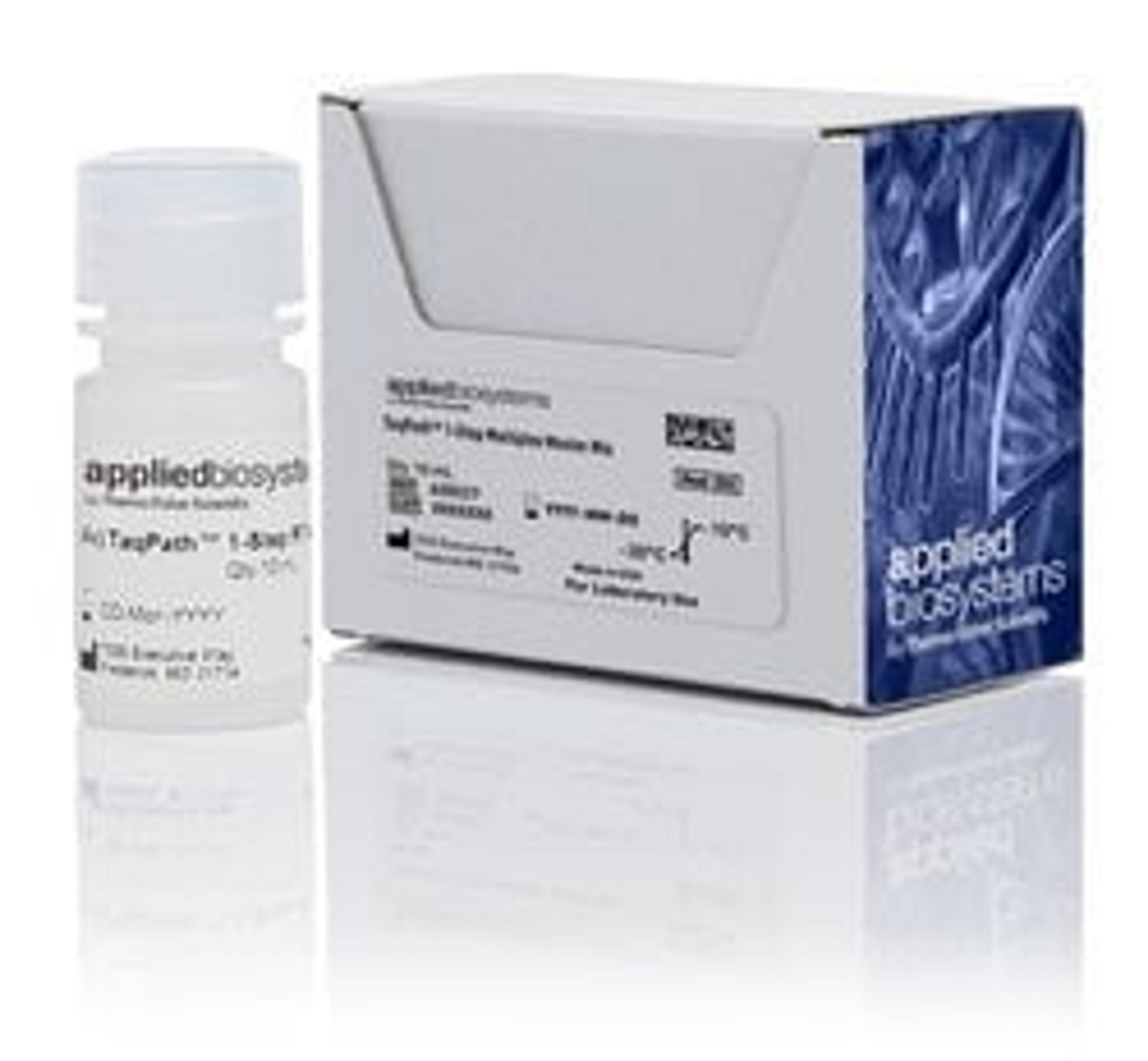Thermo Fisher Scientific unveils new clinical and research lab innovations at AACC 2021
Latest technologies aim to improve speed, sensitivity and flexibility for clinical testing and research related to COVID-19, cell and gene therapy, autoimmune disease and drugs of abuse
30 Sept 2021
Thermo Fisher Scientific, a world leader in serving science, announced at the AACC Annual Scientific Meeting & Clinical Lab Expo 2021 its expanding portfolio of instruments, assays, controls and related technologies for increasing speed, performance and flexibility within clinical and research labs. During the AACC, the company donated equipment for AACC's COVID-19 Immunity Study, enabling onsite serology testing that will analyze immune responses to SARS-CoV-2 vaccination among participants.
"The pandemic has been a catalyst for innovation across our laboratory testing portfolio, and progress hasn't been limited to COVID-19-related capabilities," said Gianluca Pettiti, senior vice president and president, specialty diagnostics for Thermo Fisher Scientific. "During AACC, we're showcasing new instruments, assays and controls for COVID-19, as well as new assays for drugs of abuse testing and the most common form of lupus, and demonstrating our latest mass spectrometry-based instruments for both research and clinical applications."
Supporting increased COVID-19 testing
To support ongoing COVID-19 testing, Thermo Fisher is launching two new PCR-based kits, the Applied Biosystems TaqPath COVID-19 Fast PCR Combo Kit 2.0 and the Applied Biosystems TaqPath COVID-19 RNase P Combo Kit 2.0. The kits target eight genes across three regions of the virus that causes COVID-19. Additionally, the company announced that the Mu variant is now included in its existing Applied Biosystems TaqMan SARS-CoV-2 Mutation Panel.
Thermo Fisher is also launching the new Thermo Scientific AcroMetrix SARS-CoV-2 Control for monitoring extraction, amplification and detection steps for SARS-CoV-2 assays.
Expanding capabilities for cell and gene therapy development and disease detection
The Applied Biosystems QuantStudio Absolute Q Digital PCR System, launched earlier this month, is the first fully integrated digital PCR (dPCR) system designed to provide highly accurate and consistent results within 90 minutes. The underlying technology powering this system is already in use by biotech companies and academic institutions for longitudinal monitoring of cancer-driven mutations in liquid biopsy, precise quantification of gene inserts for cell therapy development and copy number variation studies for earlier identification of genetic conditions in newborns.
To better assess the performance of next-generation sequencing-based assays that can detect somatic mutations, Thermo Fisher is introducing the new Thermo Scientific AcroMetrix Oncology Hotspot Control, a highly multiplexed quality control.
Finally, the new Thermo Scientific EliA SmDP-S test, just cleared by the U.S. Food & Drug Administration (FDA), aids in the diagnosis of Systemic Lupus Erythematosus (SLE), the most common type of lupus.
Improving drugs of abuse testing throughput and flexibility
To meet increasing demand for drug screening in clinical and drug court laboratories, Thermo Fisher Scientific has launched a new 510(k) cleared Fentanyl assay, DRI Fentanyl II, and partnered with Mindray to provide two new high-performance analyzers, the Mindray BS480 and Mindray BA800M. These new analyzers and an expanding assay portfolio equip new and existing customers with the flexibility to run up to 800 tests per hour.
Enabling mass spectrometry-based workflow adoption
For laboratories adopting or perfecting mass spectrometry-based workflows, the new Thermo Scientific TSQ Plus triple quadrupole mass spectrometer (MS) portfolio, which includes the TSQ Altis Plus, TSQ Quantis Plus and TSQ Fortis Plus MS, addresses a range of applications, from targeted quantitation to cutting-edge research within pharmaceutical, food and environmental labs facing regulatory requirements for lower detection limits.
Want the latest science news straight to your inbox? Become a SelectScience member for free today>>

